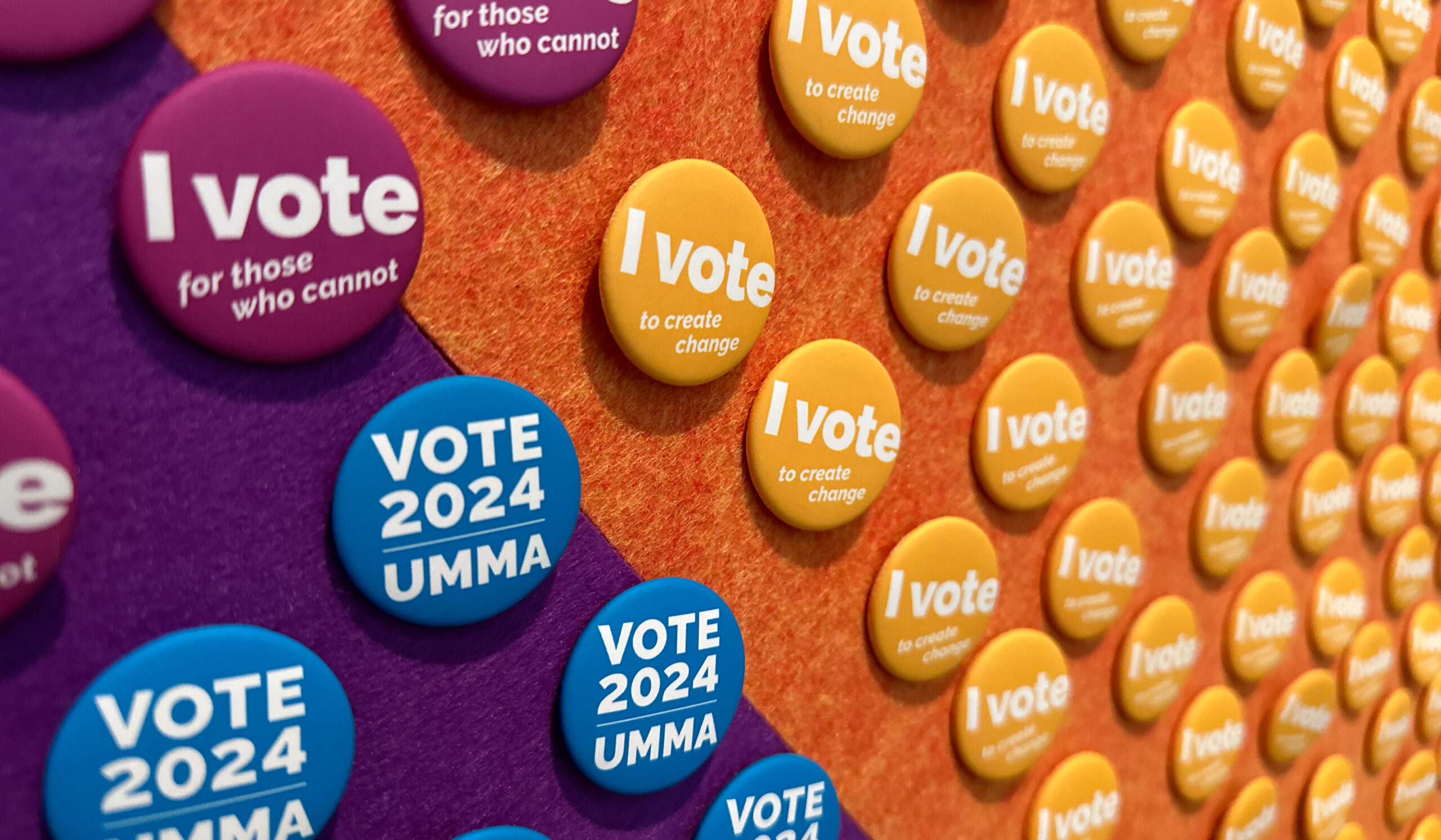Increasingly on college campuses across the country, professors are using trigger warnings to protect students from potentially offensive materials and discussions. For example, courses that include discussions of sexual assault and other forms of violence might use a warning. The theory is that these warnings protect students who previously experienced similar traumas from discussion that might “trigger” further psychological harm. However, many within the academic community view trigger warnings as a form of censorship that narrows the breadth of academic discussions. The warnings, they say, create restrictions in an environment where critical thinking should be taught and nurtured. We recently interviewed a random collection of U-M students on and around the Diag about their opinions and experiences with trigger warnings.
Laura Kochlefl, LSA, freshman
I haven’t experienced them much here, but I think in general they are important. The last thing you want is someone who is really sensitive to a particular issue to go into a movie or something and have an emotional breakdown because they were caught off guard. I think of it in the same way as something like a warning about strobe lights. People who have seizures have to be aware of them. But at the same time, I think that sometimes they can get excessive and that even the phrase “trigger warnings” tends to imply that.
Hannah Silverman, LSA, sophomore
In some cases, I understand them, but also I think trigger warnings can take away from what the piece was meant to be initially. And while I do think that you should always be able to know what you are getting into, if a trigger warning starts to take away from the integrity of the piece and what it was initially created to do, I don’t agree with that. And it’s all on such a case-by-case basis, too.
Alex Cheng, LSA, sophomore
I feel like I have pretty thick skin, so I really don’t find a need for them. I just brush it off. I haven’t ever seen any . . . warnings on campus.
Ilana Rashes, LSA, senior
I think that are very important. I’ve actually done a lot of theater, and I have been involved in shows where we have trigger warnings. I have found them to be very valuable to the audience members, especially for audience members or students who wouldn’t otherwise know about certain elements of the show. It’s good for them to know what is there and so they can be prepared for what is coming. I find them to be equally as important in academics.
Sarah Neff, Stamps School of Art & Design, sophomore
They are important to have. There are some things that just really should come with a warning, and it’s a good thing to have something like that. Some people may think it’s not convenient, but I think it’s an important thing to have.
Gabriella Kurek, School of Nursing, freshman
I don’t think that are necessary, especially when it comes to things like books. When people want to educate themselves and make themselves more knowledgeable on a certain topic, trigger warnings can stand in the way of that process.
Jillian Hurst, LSA, freshman
I think that in some situations they are very necessary and work. I think that especially in instances of victims of sexual assault, trigger warnings are effective in combating the invalidation of their experiences. I think that they help with their recovery process because I know that with that kind of trauma there is a level of post-traumatic stress surrounding it. There are lingering effects, and triggers are a very real thing. As someone who has had a lot of anxiety and has multiple family members who suffer from anxiety, I firmly believe in triggers. However, I think in other situations like the mere talk of racial inequality or gender inequality, I think that trigger warnings can be used to pander to audiences and can be used to sugarcoat taboo subjects. So I firmly believe in them when they are used to make someone feel safe, but I don’t believe in them when they are used to shut down a necessary dialogue.
Peter Schultz, LSA, sophomore
I think they work for the people who need them, certainly, but I’m not sure how many people need them. I wish I had better numbers on them to make a better judgment of them, but I read a piece not to long ago about how trigger warnings can be helpful to an associate professor who is trying to get tenure. They might feel coerced into trying to put them on because they don’t want to get bad student evaluations. I like the idea of them, but I think it does play into this idea of political correctness. I worry that sometimes they are limiting of speech and of ideas on campus. In a university setting where you are supposed to grapple with ideas that are difficult, I worry that they might be keeping students from being able to do that.
Carly Snider, LSA, sophomore
I think that they are important for people who have experienced bad things in the past. So if I was in a classroom setting and I didn’t know something was going to come up that would emotionally affect me, I would find that pretty upsetting. I think that they are a good idea. They don’t really hurt anything, they only help.





